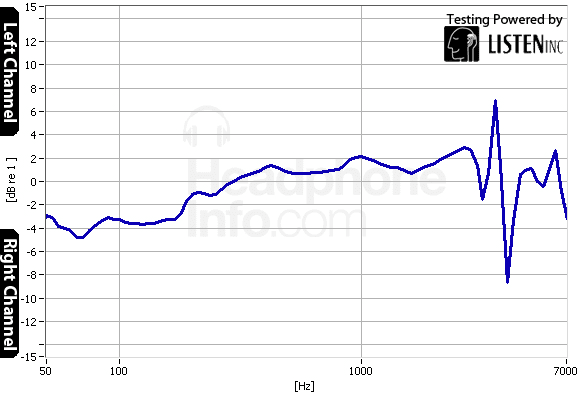
Printed in the United States of Americaįor Suzie and Liam (J.O.P) And for Tatsiana (D.J.M.) with love and gratitudeĪcknowledgments Foreword Adam Potkay Introduction: What Is the Eudaimonic Turn? and The Eudaimonic Turn in Literary Studies James O. The paper used in this publication meets the minimum requirements of American National Standard for Information Sciences Permanence of Paper for Printed Library Materials, ANSI/NISO Z39.48-1992. Includes bibliographical references and index. British Library Cataloguing in Publication Information Available Library of Congress Cataloging-in-Publication Data The Eudaimonic turn : well-being in literary studies / edited by James O. No part of this book may be reproduced in any form or by any electronic or mechanical means, including information storage and retrieval systems, without written permission from the publisher, except by a reviewer who may quote passages in a review. 4501 Forbes Boulevard, Suite 200, Lanham, Maryland 20706 10 Thornbury Road, Plymouth PL6 7PP, United Kingdom Copyright © 2013 by The Rowman & Littlefield Publishing Group, Inc. Published by Fairleigh Dickinson University Press Co-published with The Rowman & Littlefield Publishing Group, Inc. MooresįAIRLEIGH DICKINSON UNIVERSITY PRESS Madison The Eudaimonic Turn Well-Being in Literary Studies Edited by James O. Still others analyze the aesthetic response and/or the reading process in inquiries into the role of language use and its impact on well-being, or they explore the complexities of strength, resilience, and other positive character traits in the face of struggle, suffering, and -othering. Some authors examine the eudaimonic outcomes of suffering, marginalization, hybridity, oppression, and/or tragedy, while others analyze the positive effects of positive affect. Many of the authors compelling refute negativity bias and pathologized interpretations of eudaimonic experiences or conceptual models as they appear in literary texts or critical theories. The volume consists of several examinations of literary and theoretical configurations of the following determinants of human subjectivity and the role these play in facilitating well-being: values, race, ethics/morality, aesthetics, class, ideology, culture, economics, language, gender, spirituality, sexuality, nature, and the body. The Eudaimonic Turn builds on such work, offering a collection of essays intended to bolster the burgeoning critical framework in the fields of English, Comparative Literature, and Cultural Studies by stimulating discussions of well-being in the -post-theory- moment. In such alternative reading strategies scholars were able to explore configurations of eudaimonia, not by dismissing them as bad politics or psychopathology but in complex ways that have resulted in a new eudaimonic turn, a trans-disciplinary phenomenon that has also enriched several other disciplines. In the last decade, often termed the -post-theory era, - there was a radical shift in focus, as scholars began to recognize the inapplicability of suspicion as a critical framework for discussions of eudaimonic experiences, seeking out several alternative forms of critique, most of which can be called, despite their differences, a hermeneutics of affirmation.



At the end of the twentieth century, however, literary scholars began to see the limitations of suspicion, conceived primarily as the discernment of latent realities beneath manifest illusions. While it proved to be of vital importance in literary studies, suspicious hermeneutics often compelled scholars to interpret eudaimonia, or well-being variously conceived, in pathologized terms. Construed as such, interpretive practice was often intended to demystify texts and authors by demonstrating in them the presence of false consciousness, bourgeois values, patriarchy, orientalism, heterosexism, imperialist attitudes, and/or various neuroses, complexes, and lacks. In much of the critical discourse of the seventies, eighties, and nineties, scholars employed suspicion in order to reveal a given text's complicity with various undesirable ideologies and/or psychopathologies.


 0 kommentar(er)
0 kommentar(er)
